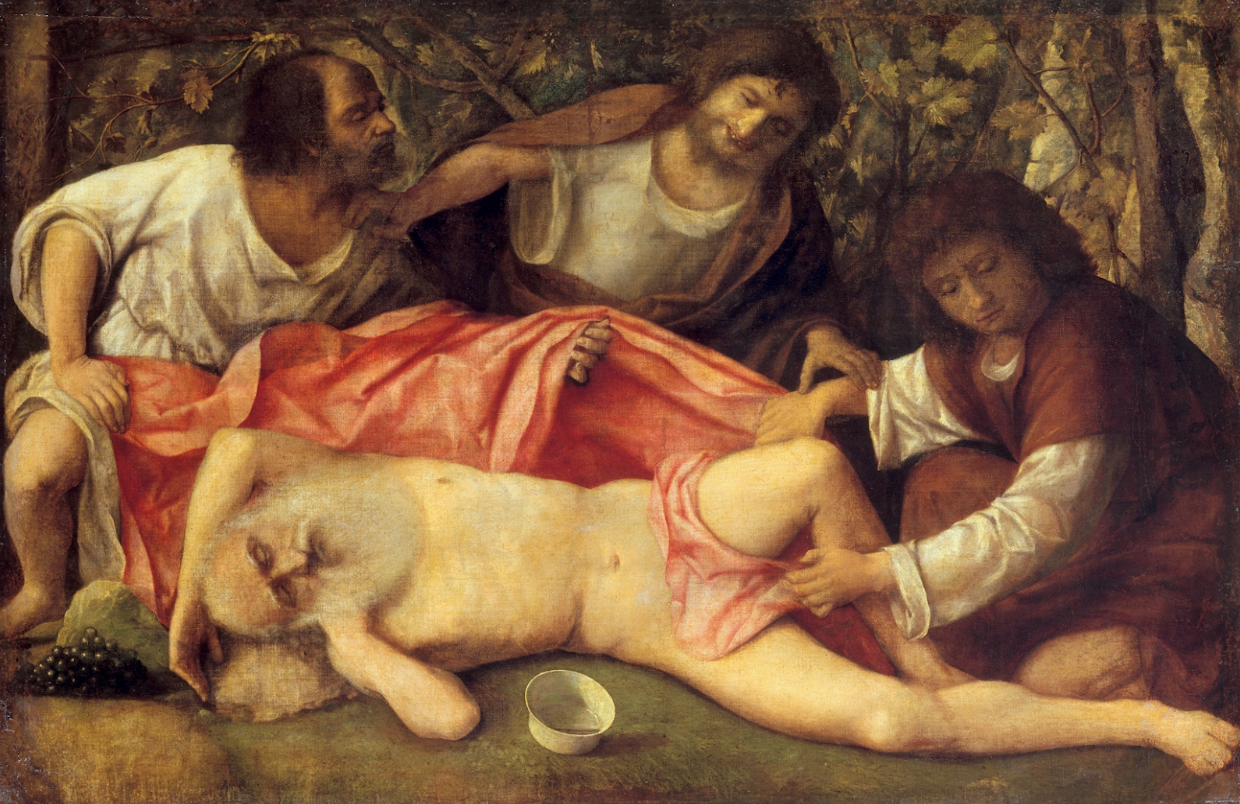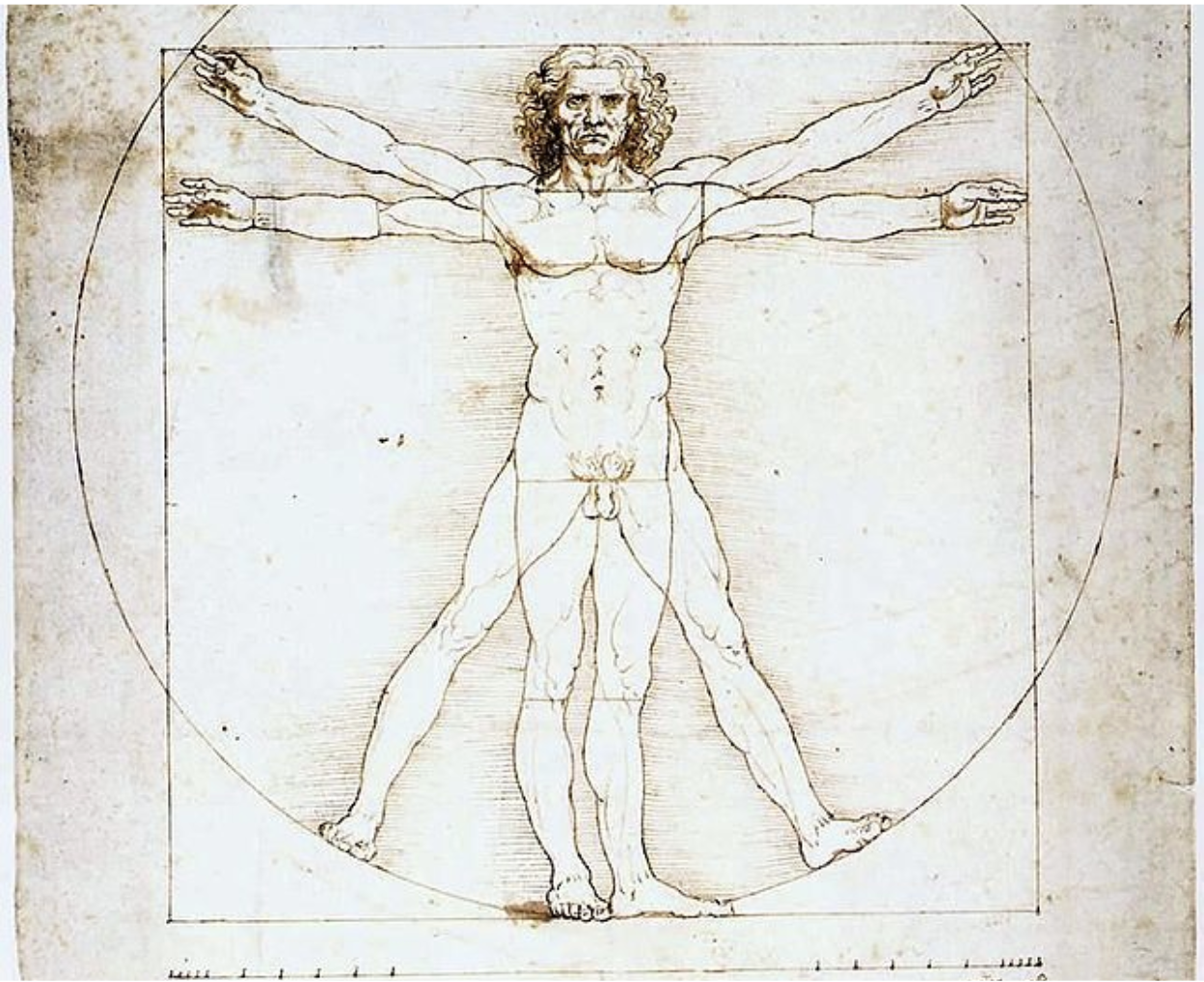Can drunkenness ever be holy? Brady examines the employment of drunkenness as a motif for both spiritual admonition and encouragement in the writings of the Church Fathers and the visual propagation of these teachings through early modern depictions of Noah and His Sons.
In an investigation this month by non-profit organization ProPublica, journalists have uncovered a stream of undisclosed gifts from renowned Republican real estate mogul Harlan Crow to conservative Supreme Court Justice Clarence Thomas. These transactions have received particular scrutiny following the passage of new Supreme Court rules passed in March of 2023 that mandate justices to “disclose more of their activities, including some free trips, air travel and other types of gifts.” Over the past two decades, Crow has treated Justice Thomas to luxury vacations (including stays at his invite-only Appalachian resort), private trips by yacht and jet, and—perhaps most notably—art.
The largest and most expensive of Crow’s gifts to Justice Thomas is a portrait of the justice and his wife, far-right political activist Ginni Thomas, by artist Sharif Tarabay. The same artist has also created a hyperrealistic portrait of Thomas and Crow together, which is currently displayed at the billionaire’s sprawling New York estate.

Tarabay’s Portrait of Thomas, Crow, and other Republican donors
In what could be his most personalized gesture, Crow also commissioned a seven-foot-tall, 1,800 pound statue of Sister Mary Virgilius Reid, a Catholic nun and Thomas’ beloved eighth grade teacher. In addition, Crow has also made over $100,000 worth of donations to Thomas’ alma mater, Yale Law School, filed under the name “Justice Thomas Portrait Fund,” as seen through tax filings investigated by ProPublica. None of these gifts—or any of Thomas’ free trips—were disclosed by the Justice.
In a statement released by the Supreme Court after the findings of the investigation were first reported, Justice Thomas admitted to taking advantage of Harlan’s hospitality, yet denied having violated any of the Court’s ethics rules pertaining to disclosure: “Early in my tenure at the court, I sought guidance from my colleagues and others in the judiciary, and was advised that this sort of personal hospitality from close personal friends, who did not have business before the court, was not reportable… I have endeavored to follow that counsel throughout my tenure, and have always sought to comply with the disclosure guidelines.” Since the new rules are relatively vague and list no concrete consequences for nondisclosure, it seems unlikely that this investigation will produce any real consequences for the Justice. Nevertheless, Justice Thomas and the Supreme Court as a whole will most likely accept gifts from donors with more caution going forward, as to not face the same level of public scrutiny.





